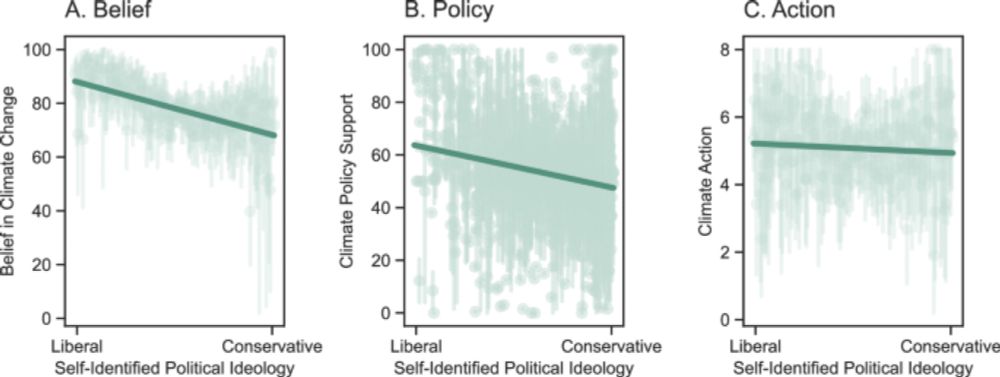Adi Wiezel, Ph.D.
@awiezel.bsky.social
310 followers
330 following
89 posts
South(w)e(a)sterner & social psychologist studying political psychology, affect, leadership, & intergroup relations. Assistant Professor of Psychology and director of the BORG research lab (https://awiezel.wixsite.com/wiezelborglab) @ Elon University.
Posts
Media
Videos
Starter Packs
Adi Wiezel, Ph.D.
@awiezel.bsky.social
· Jun 28
Adi Wiezel, Ph.D.
@awiezel.bsky.social
· Mar 31
Adi Wiezel, Ph.D.
@awiezel.bsky.social
· Oct 10
Adi Wiezel, Ph.D.
@awiezel.bsky.social
· Jun 23
Adi Wiezel, Ph.D.
@awiezel.bsky.social
· Jun 23
Adi Wiezel, Ph.D.
@awiezel.bsky.social
· Jun 23
Adi Wiezel, Ph.D.
@awiezel.bsky.social
· Jun 23

The differential impact of climate interventions along the political divide in 60 countries - Nature Communications
A major barrier to climate mitigation is the political polarization of climate change. Here, the authors examine which of several interventions increase people’s climate policy support and climate act...
www.nature.com











